HUMAN INTEREST / VIRAL
20 Reasons People Are Hesitant To Buy An All Electric Vehicle
Published
9 months agoon
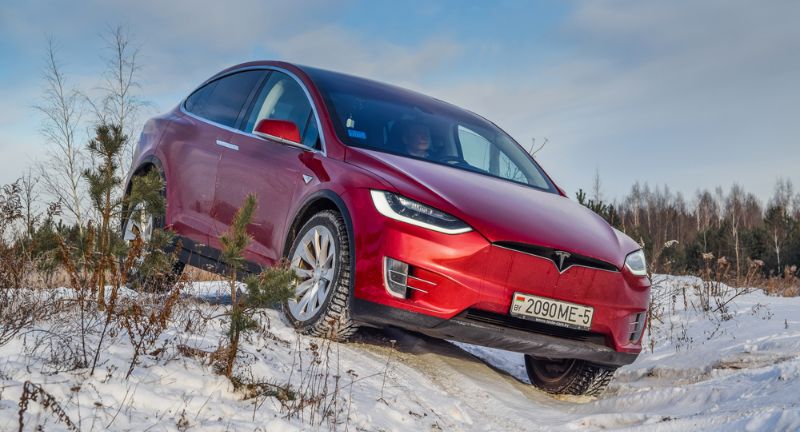
Shutterstock
Electric vehicles (EVs) represent a significant shift in the automotive industry, promising a cleaner, more sustainable future. Despite their many benefits, numerous factors contribute to potential buyers’ hesitation. Concerns range from practical issues like charging infrastructure and battery life to financial and psychological barriers. Understanding these reasons is crucial for addressing the challenges and promoting wider adoption of EVs. In this article, we explore the top 20 reasons why people are hesitant to buy an all-electric vehicle.
Limited Range

Shutterstock
Many potential buyers worry about the range of EVs, fearing they might run out of battery before reaching their destination. This concern is often referred to as “range anxiety.” Although EV ranges have improved, they still typically fall short of what gasoline vehicles can achieve on a single tank. This makes potential buyers hesitant, especially those who frequently drive long distances.
Charging Infrastructure
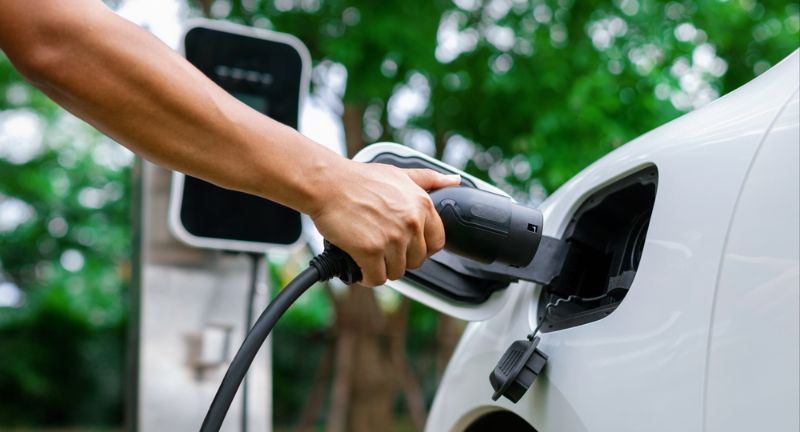
Shutterstock
The availability of charging stations is a significant concern. In some areas, there are not enough public charging stations to meet demand. This scarcity can make it difficult to plan longer trips or even daily commutes. Potential EV buyers worry about being left without a convenient place to charge their vehicle.
Charging Time
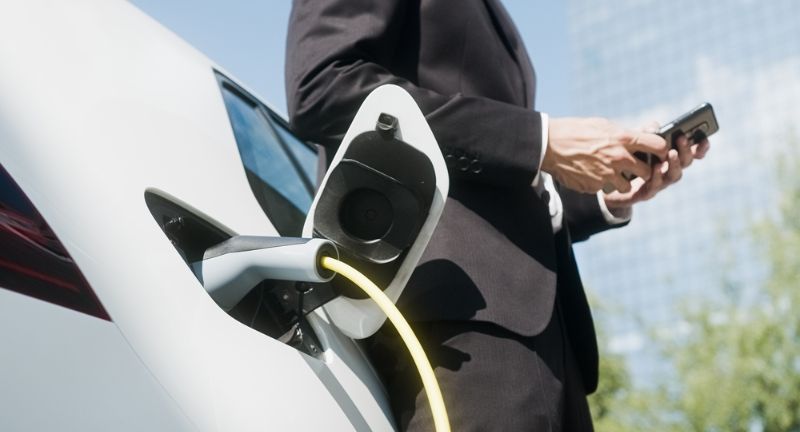
Shutterstock
Charging an EV can take much longer than refueling a gasoline vehicle, even with fast chargers. This can be a major inconvenience for people used to the quick fill-up times at gas stations. Long charging times can disrupt travel plans and daily routines. The need to wait for a charge can deter potential buyers who value time efficiency.
Initial Cost

Shutterstock
EVs can have a higher upfront cost compared to traditional gasoline vehicles. This initial expense can be a significant barrier for many potential buyers. While EVs may offer long-term savings on fuel and maintenance, the higher purchase price can be a deterrent. Buyers often weigh the immediate financial impact more heavily than future savings.
Battery Life and Replacement
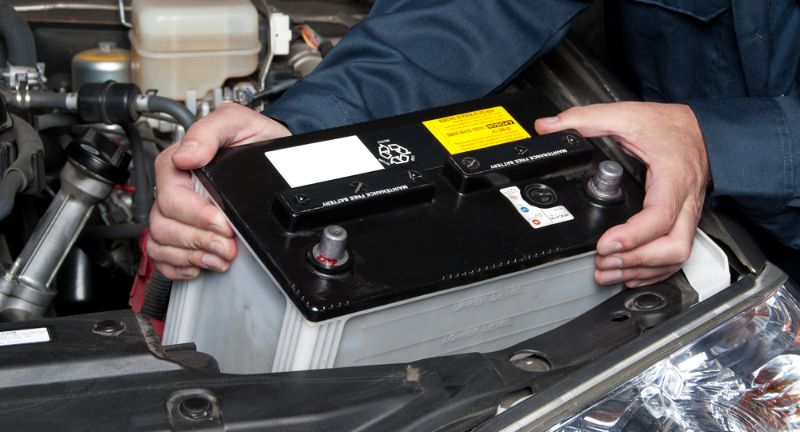
Shutterstock
Concerns about the lifespan of the battery and the high cost of replacement are common among potential EV buyers. Batteries degrade over time, which can lead to reduced range and performance. Replacing a battery can be a costly endeavor, often running into thousands of dollars. This potential future expense can make buyers hesitant to invest in an EV.
Resale Value

Shutterstock
Uncertainty about the resale value of EVs compared to gasoline vehicles can deter buyers. The market for used EVs is still developing, leading to unpredictable resale prices. Buyers worry that their EV might depreciate more quickly than a gasoline vehicle. This potential for significant depreciation can make the investment in an EV seem riskier.
Range Anxiety
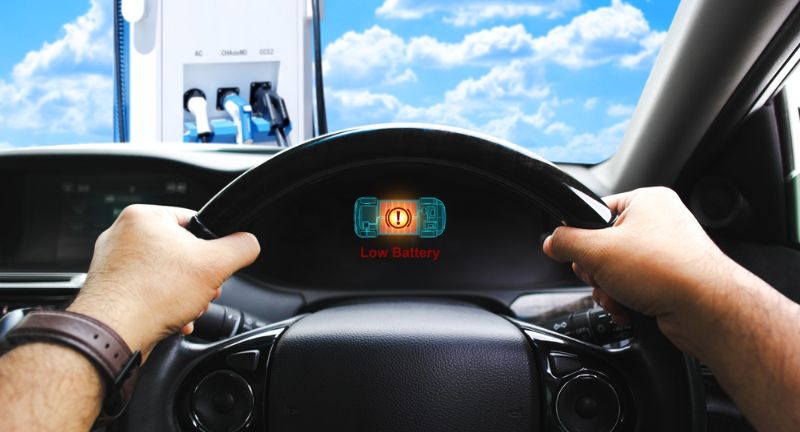
Shutterstock
The fear of running out of battery power and being stranded, especially in areas with limited charging infrastructure, is known as range anxiety. This fear can be a major deterrent for potential EV buyers. Even with improvements in range and charging infrastructure, the psychological barrier remains. The idea of potentially being stranded without a charge is enough to dissuade many from considering an EV.
Limited Model Options
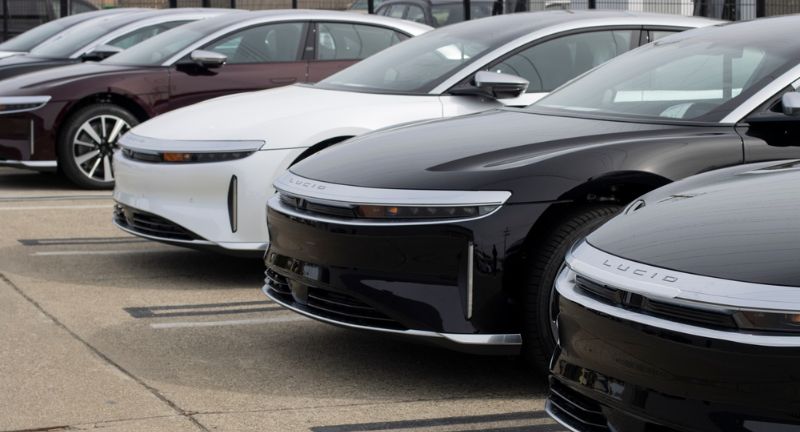
Shutterstock
The variety of EV models available may not meet all consumer preferences and needs, such as SUVs or trucks. Many buyers have specific requirements for their vehicles that current EV offerings may not satisfy. This can limit the appeal of EVs to a broader audience. Without a diverse range of models, potential buyers may not find an EV that fits their lifestyle.
Performance in Cold Weather

Shutterstock
EVs can experience reduced range and performance in very cold weather. Batteries are less efficient in low temperatures, which can lead to shorter driving distances between charges. Cold weather can also affect the overall performance of the vehicle. This can be a significant concern for buyers living in colder climates.
Maintenance and Repair
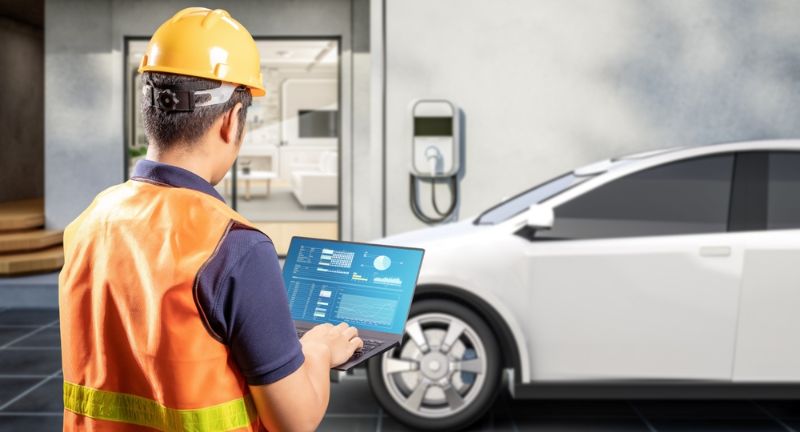
Shutterstock
Uncertainty about where to get EVs serviced and concerns about the cost and availability of repairs can deter potential buyers. Many traditional mechanics may not be equipped to handle EV-specific issues. This can lead to higher maintenance costs and longer wait times for repairs. Buyers worry about the convenience and accessibility of necessary services for their EV.
Long-Distance Travel

Shutterstock
Hesitance about taking long trips due to the need for frequent charging stops and planning around charging station locations is common. This can make road trips or extended travel less convenient compared to gasoline vehicles. The need to plan routes carefully and ensure charging availability can add stress to travel. Potential buyers who enjoy or need to travel long distances may find this a significant drawback.
Battery Technology

Shutterstock
Concerns about current battery technology and whether it will improve or become obsolete soon are common. Rapid advancements in technology can make existing models seem outdated quickly. Buyers worry about investing in a vehicle that might soon be surpassed by newer, better technology. This potential for rapid obsolescence can deter buyers who prefer long-term stability.
Electricity Costs

Shutterstock
Worries about the cost of electricity and how it might rise in the future can make potential buyers hesitant. While electricity is generally cheaper than gasoline, future price increases could impact the overall cost of ownership. Buyers consider the potential for fluctuating electricity prices as a financial risk. This concern adds uncertainty to the long-term savings of owning an EV.
Environmental Impact of Battery Production

Shutterstock
Concerns about the environmental impact of mining and producing EV batteries can deter eco-conscious buyers. The extraction of materials like lithium and cobalt has significant environmental and ethical implications. Potential buyers worry that the production process negates the environmental benefits of driving an EV. This can make some hesitant to switch from traditional gasoline vehicles.
Government Incentives

Shutterstock
Dependence on government incentives to make EVs financially attractive, and uncertainty about the future of these incentives, can deter buyers. Incentives like tax credits and rebates can significantly reduce the cost of an EV. However, these incentives are subject to change and may not be available in the future. Buyers worry about the financial viability of purchasing an EV without these benefits.
Home Charging Installation
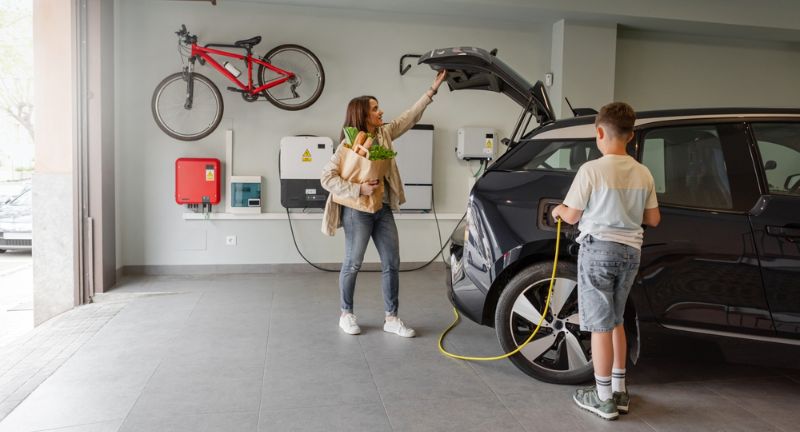
Shutterstock
The potential cost and hassle of installing a home charging station can deter potential EV buyers. Setting up a home charger requires an initial investment and possibly upgrades to home electrical systems. This can add to the overall cost of owning an EV. Buyers worry about the convenience and feasibility of home charging, especially if they live in apartments or older homes.
Perceived Complexity
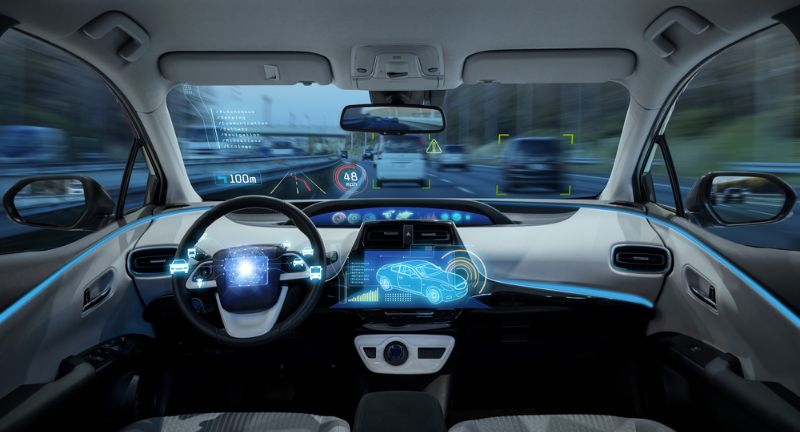
Shutterstock
EVs are often seen as more complex or unfamiliar compared to traditional vehicles, which can intimidate some buyers. The technology and maintenance of EVs are perceived as different and potentially more complicated. This perceived complexity can deter buyers who are not comfortable with new technologies. Potential buyers might prefer the familiarity and simplicity of gasoline vehicles.
Limited Towing Capacity
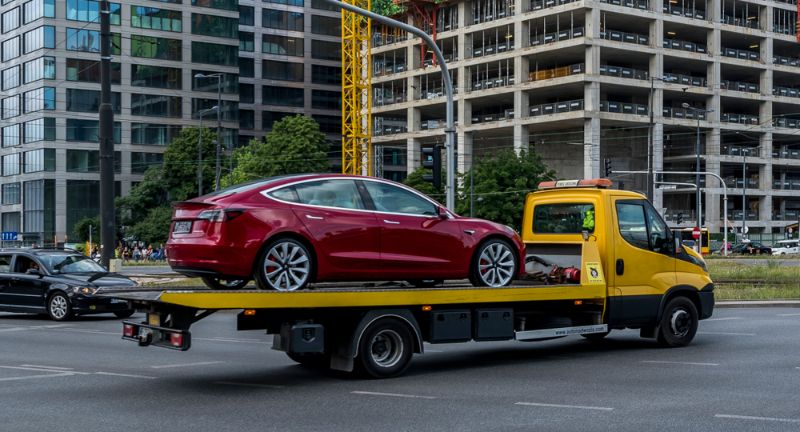
Shutterstock
Many EVs currently have limited towing capacities compared to gasoline or diesel vehicles. This can be a significant drawback for buyers who need a vehicle for towing heavy loads. The limited towing capacity can make EVs less appealing for outdoor enthusiasts and professionals who rely on this feature. Potential buyers may prefer traditional vehicles that meet their towing needs.
Brand Loyalty

Shutterstock
Consumers loyal to certain car brands may find their preferred brand does not offer a suitable EV model. This can limit their willingness to switch to an electric vehicle. Brand loyalty plays a significant role in vehicle purchasing decisions. Without options from their trusted brands, buyers may hesitate to consider an EV from a different manufacturer.
Market Perception and Trends
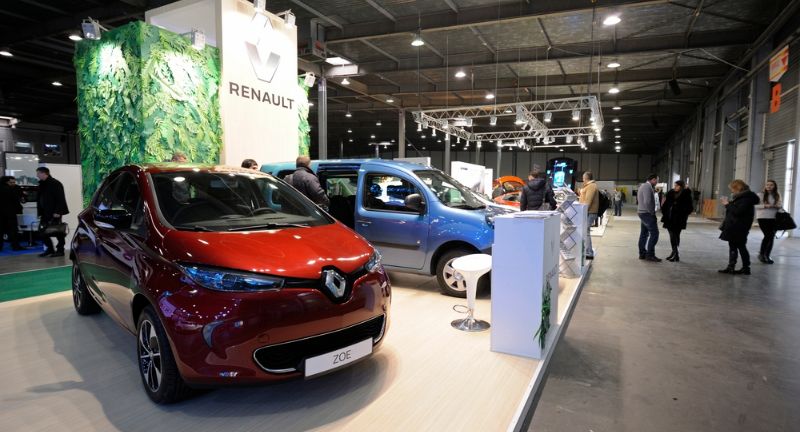
Shutterstock
Skepticism about the long-term market trends for EVs and whether they will become as mainstream and supported as traditional vehicles can deter buyers. The future of the EV market is uncertain, and buyers worry about the stability and support for EVs over time. Potential changes in regulations, incentives, and technological advancements can impact the market. This uncertainty makes some buyers hesitant to commit to an EV.
Conclusion

Shutterstock
While the adoption of electric vehicles faces several hurdles, understanding these concerns is the first step towards overcoming them. By addressing issues like range anxiety, charging infrastructure, and battery technology, the industry can make EVs more appealing to a broader audience. Additionally, continued advancements and increased support from both government and private sectors will play a crucial role. As the market evolves and solutions emerge, the future of electric vehicles looks promising. Embracing these changes can lead to a more sustainable and efficient transportation system for all.
More From Local News X
-


25 Strangest World Records That Don’t Seem Real
-


‘Purely Coincidental’ That Bird Strikes Hit 2 United Flights Out…
-


Quaker City String Band performs You’re A Grand Old Flag…
-


Hi one of four black men in Santa Barbara, Says…
-


Large Boats Catches on Fire in English Harbor
-


30 Things To Do Before Turning 30 Years Old
-


The roof of a building is on fire…..in Richmond, VA
-


A Boomer’s Guide To Retirement, 25 Tips To Be Prepared…
-


Heavy Flooding in Miami Traps People and Submerges Cars
-


Tulsa Hospital Shooting: So Im in my office building in…
-


25 Makeup Products To Avoid After Age 50
-


25 Challenges Kids Are Facing Now That They Didn’t Face…
